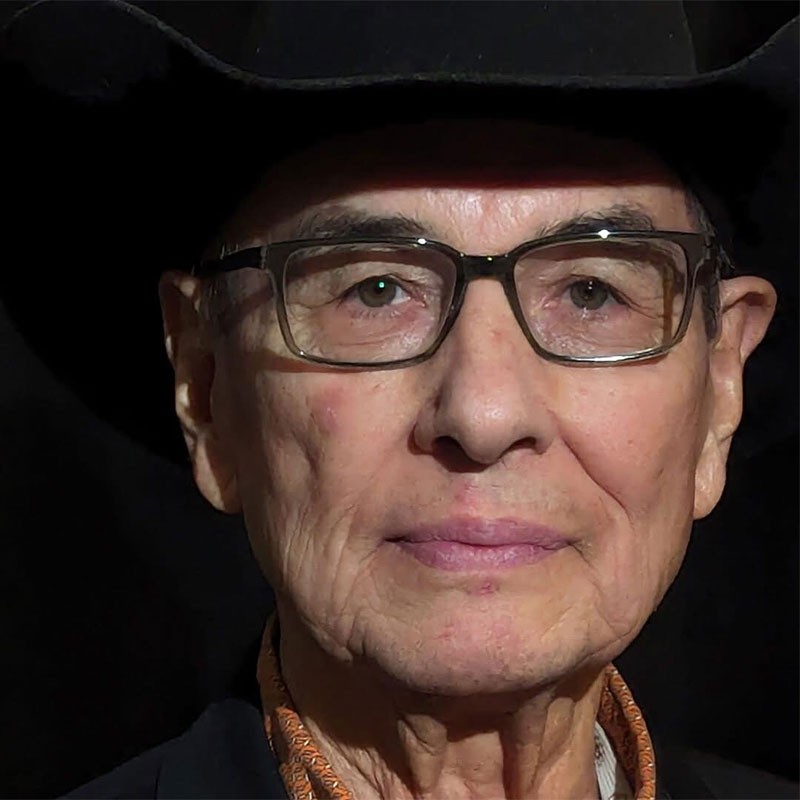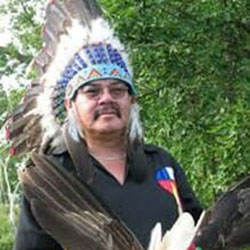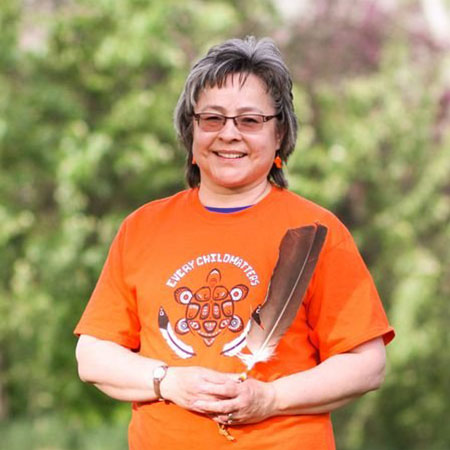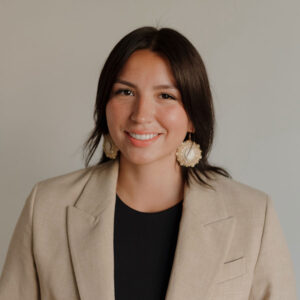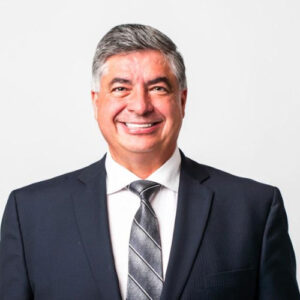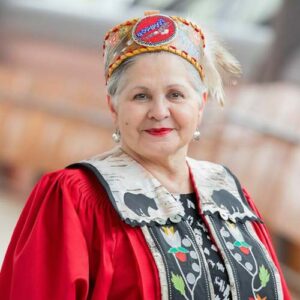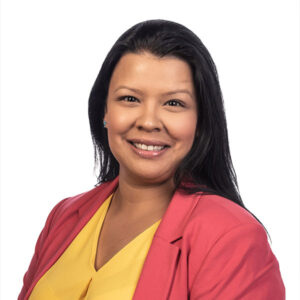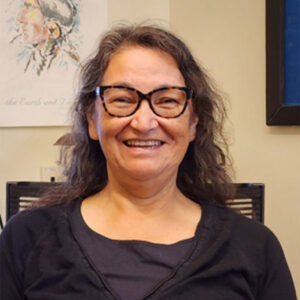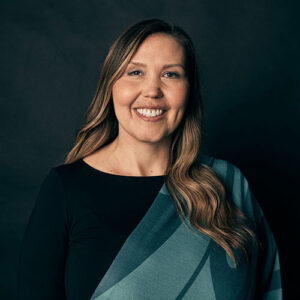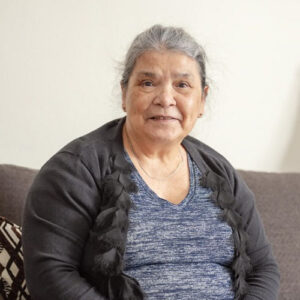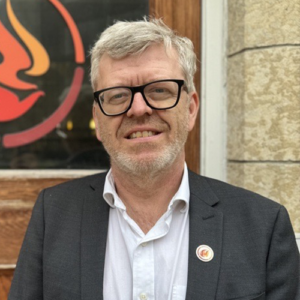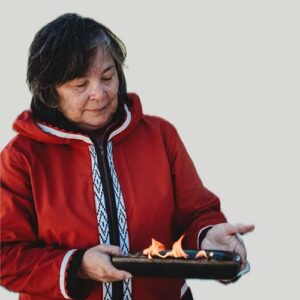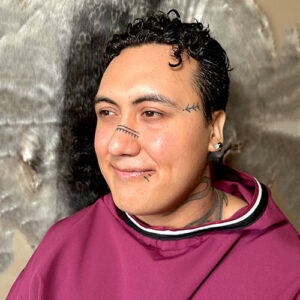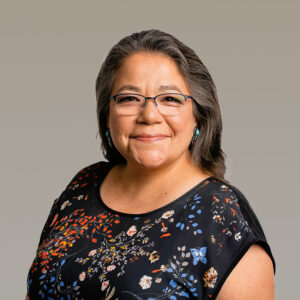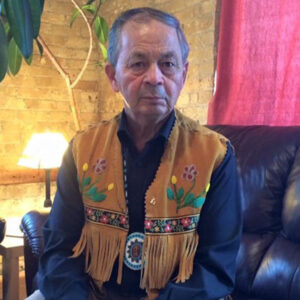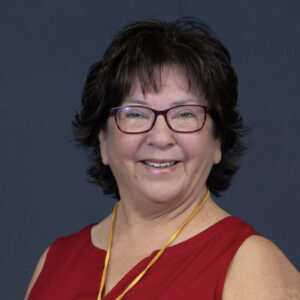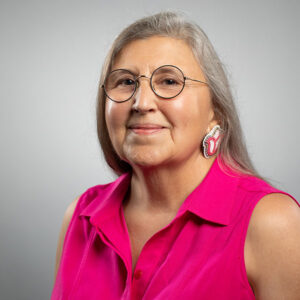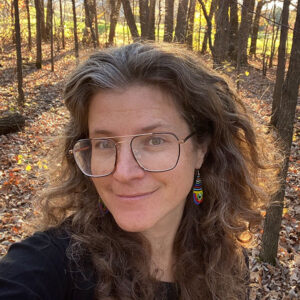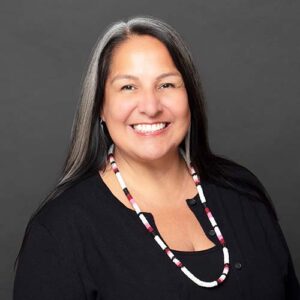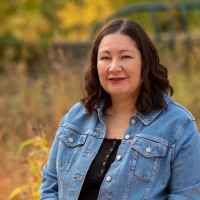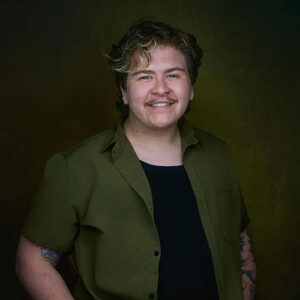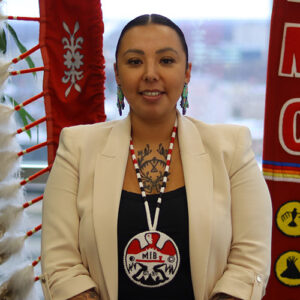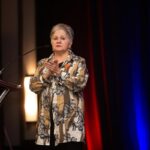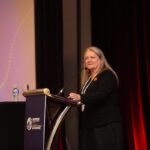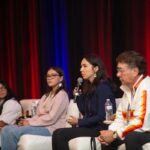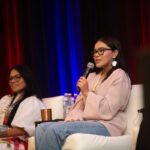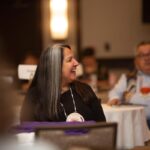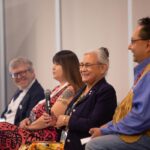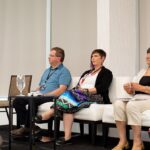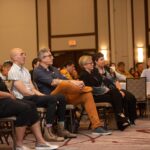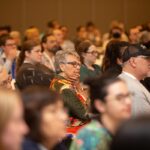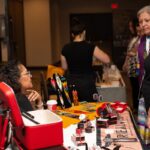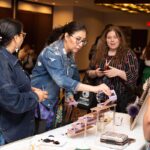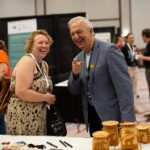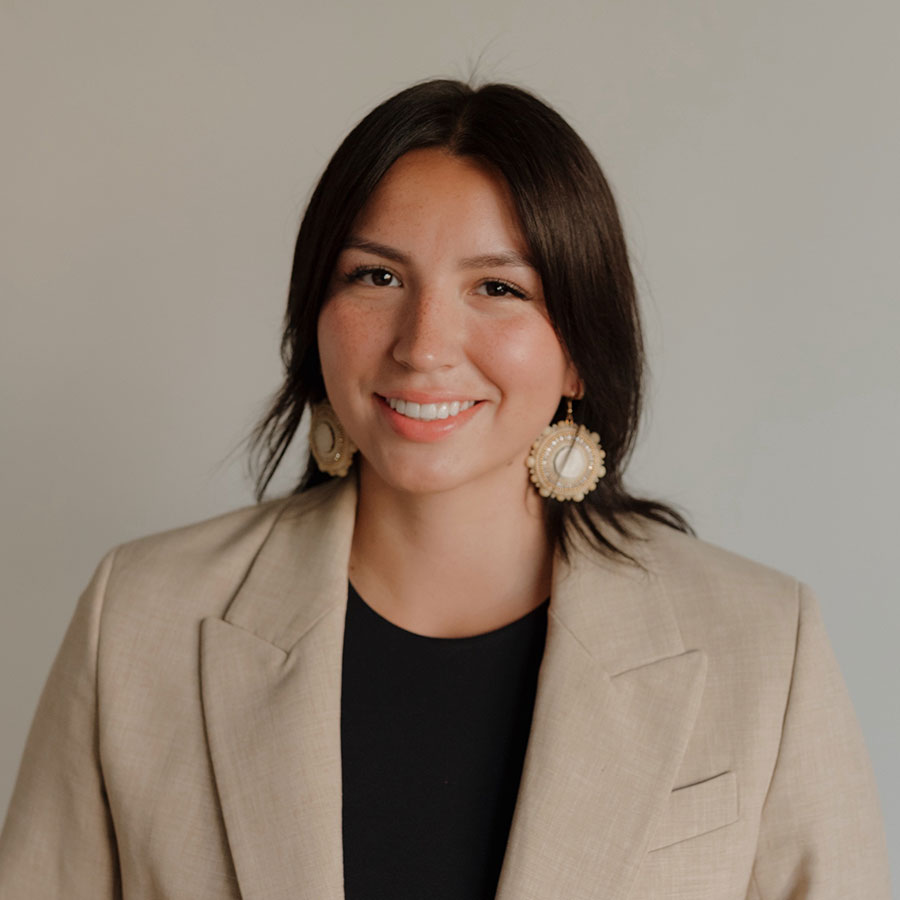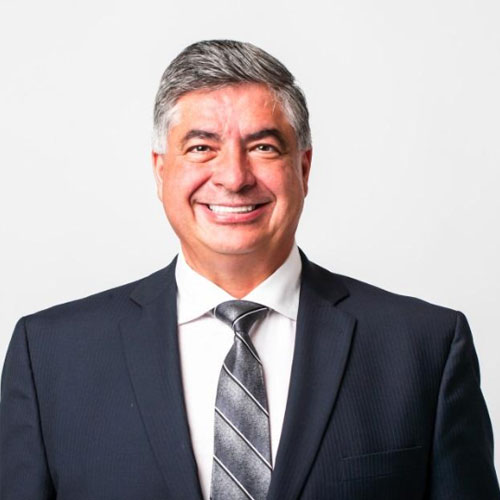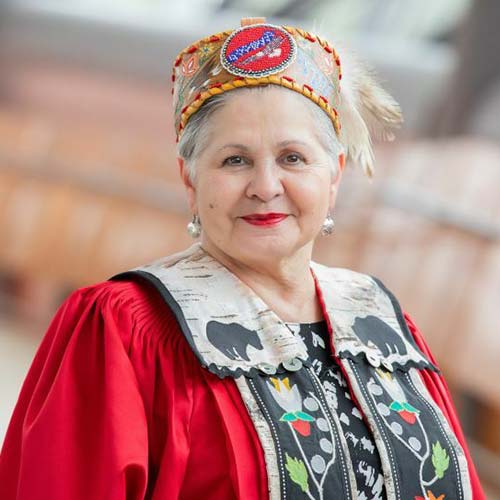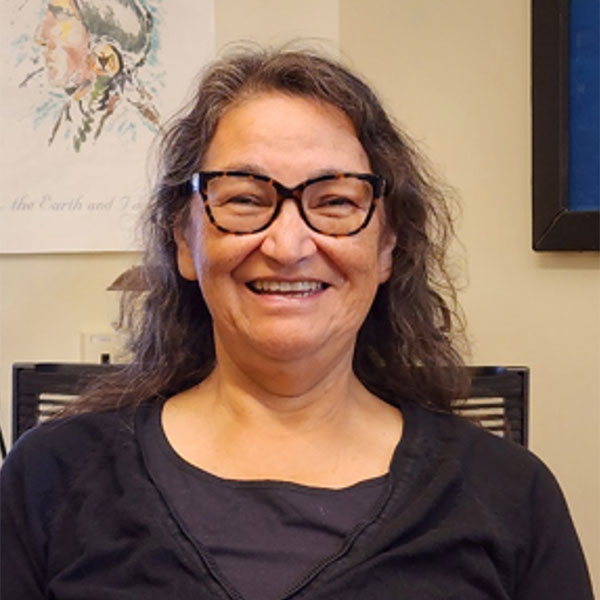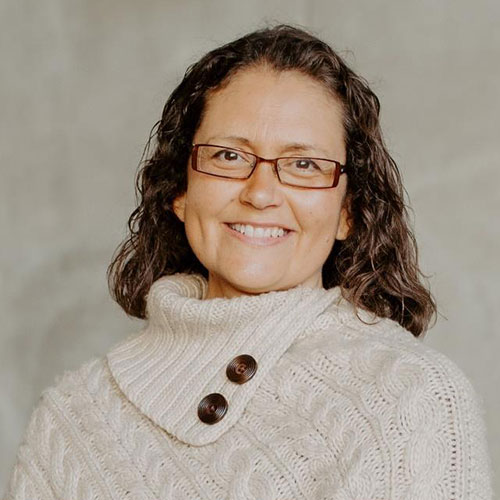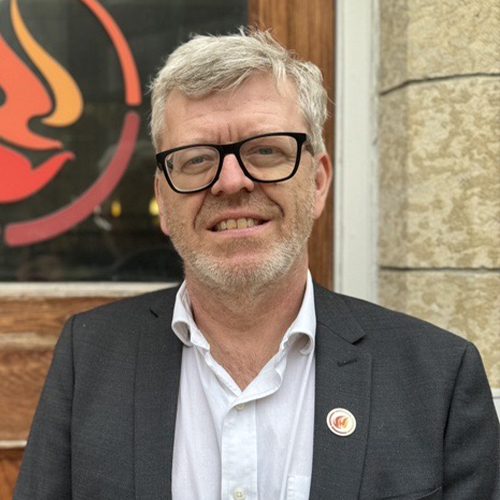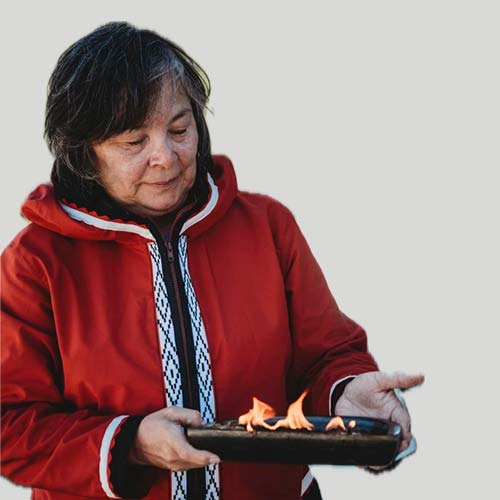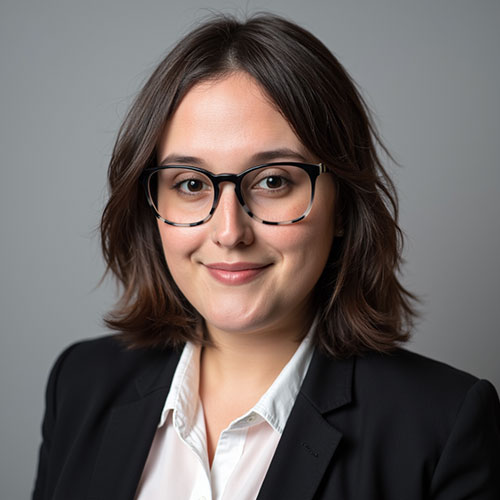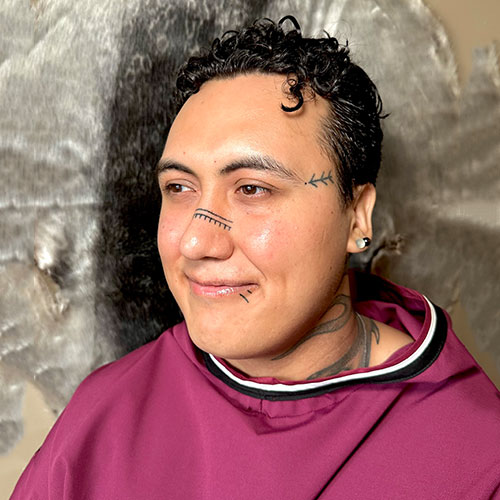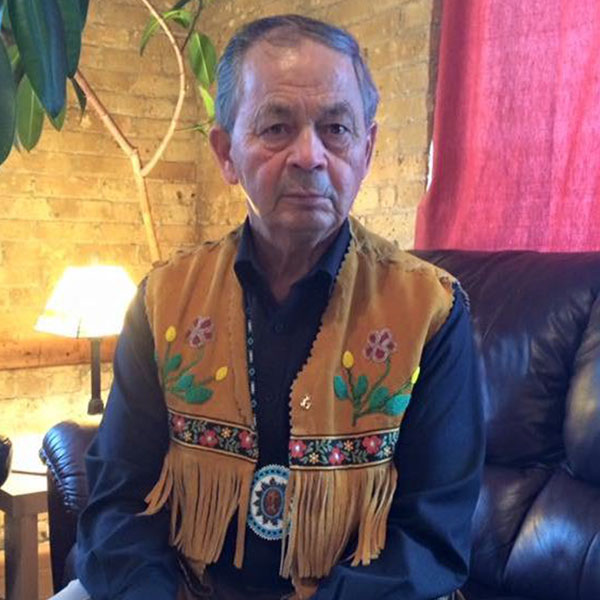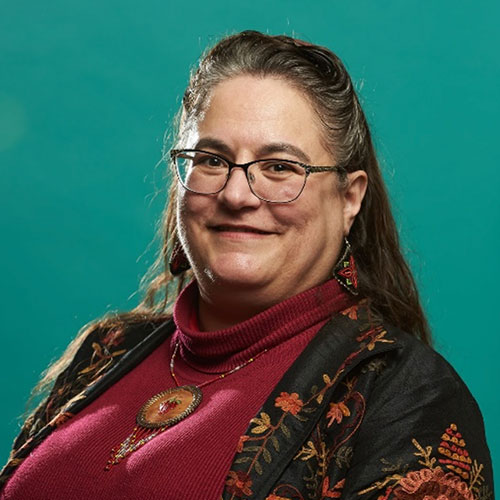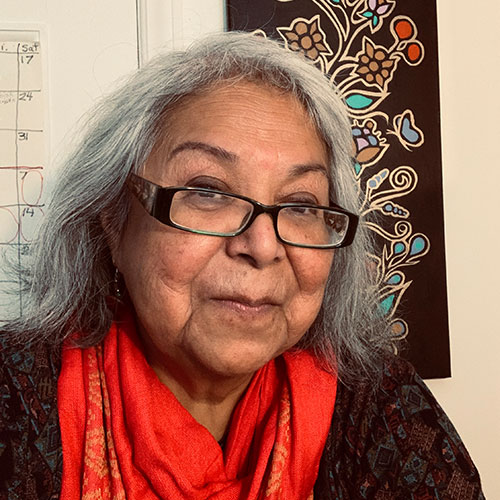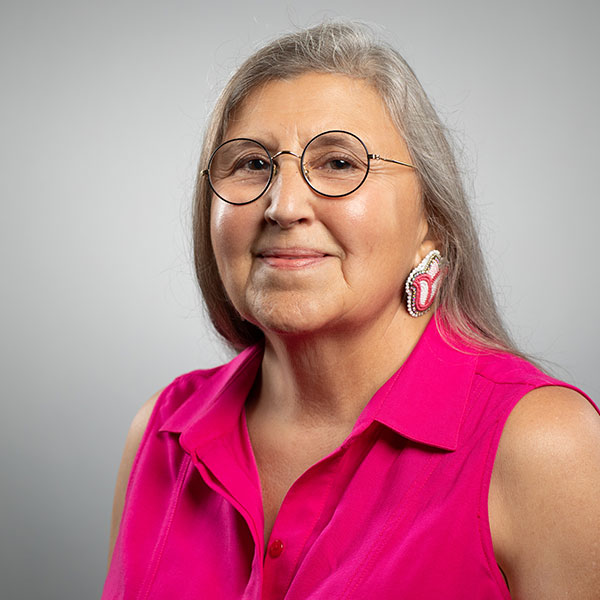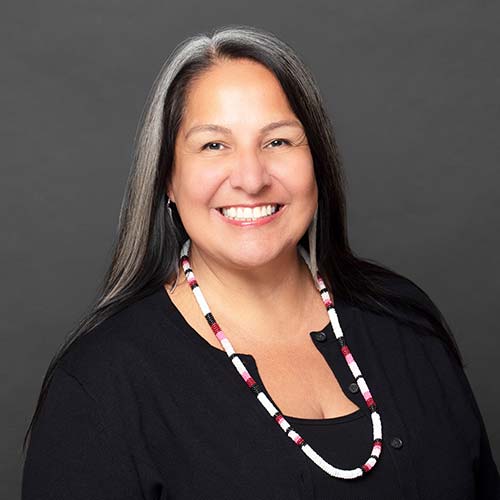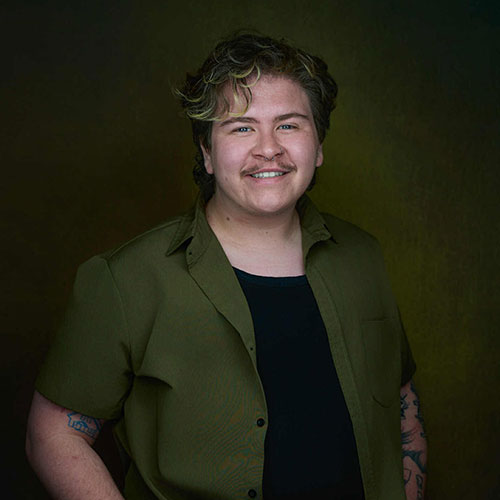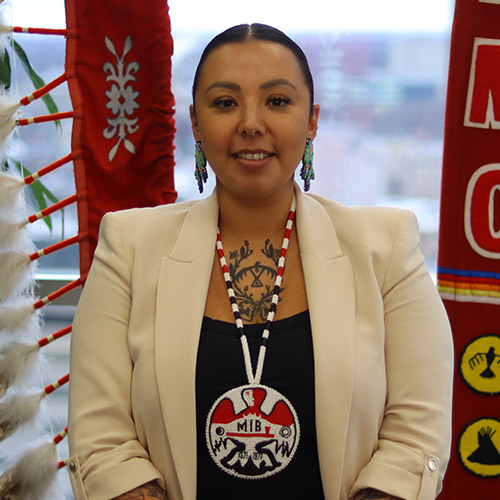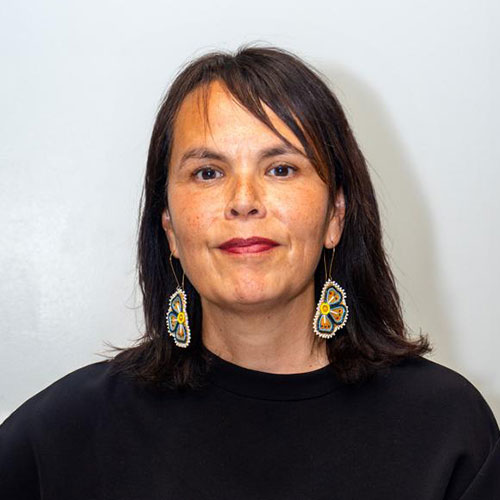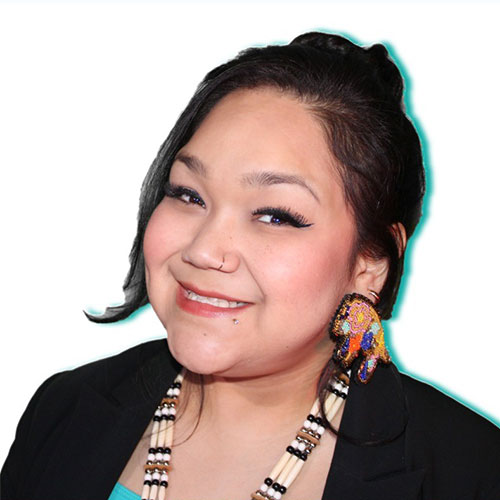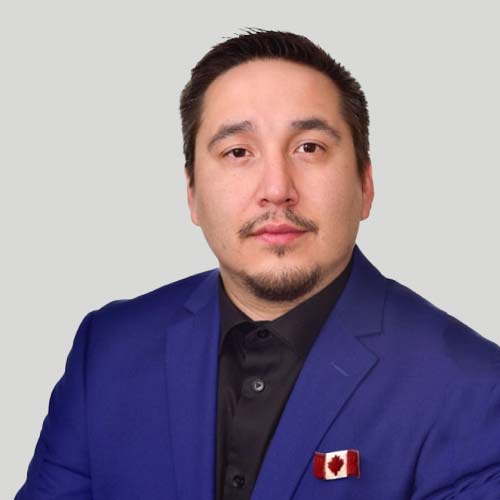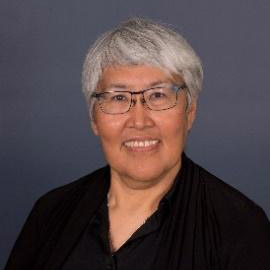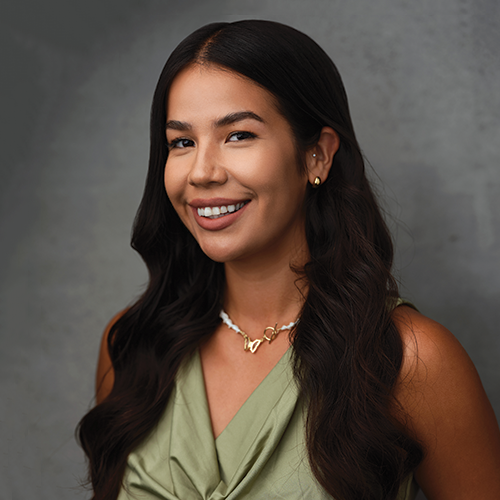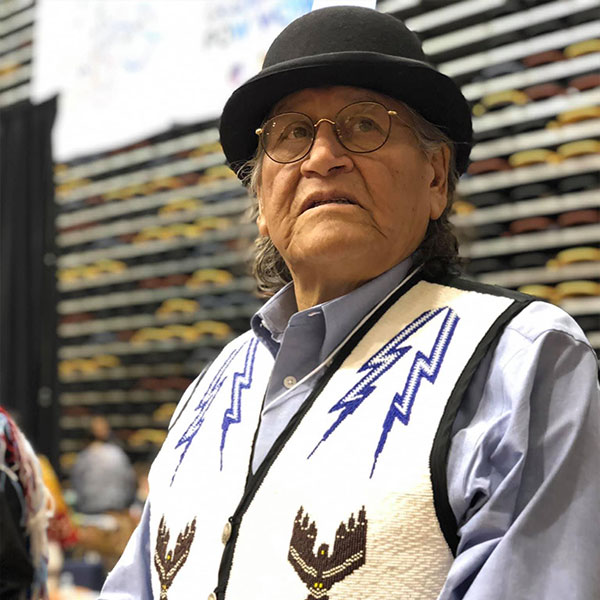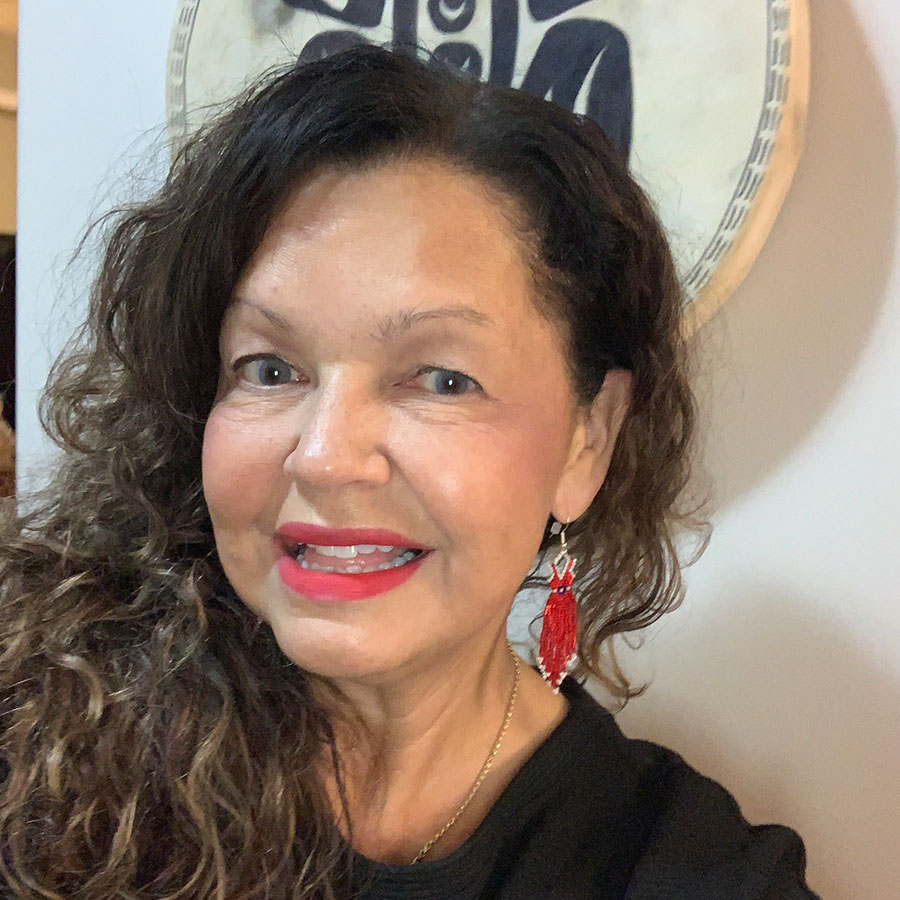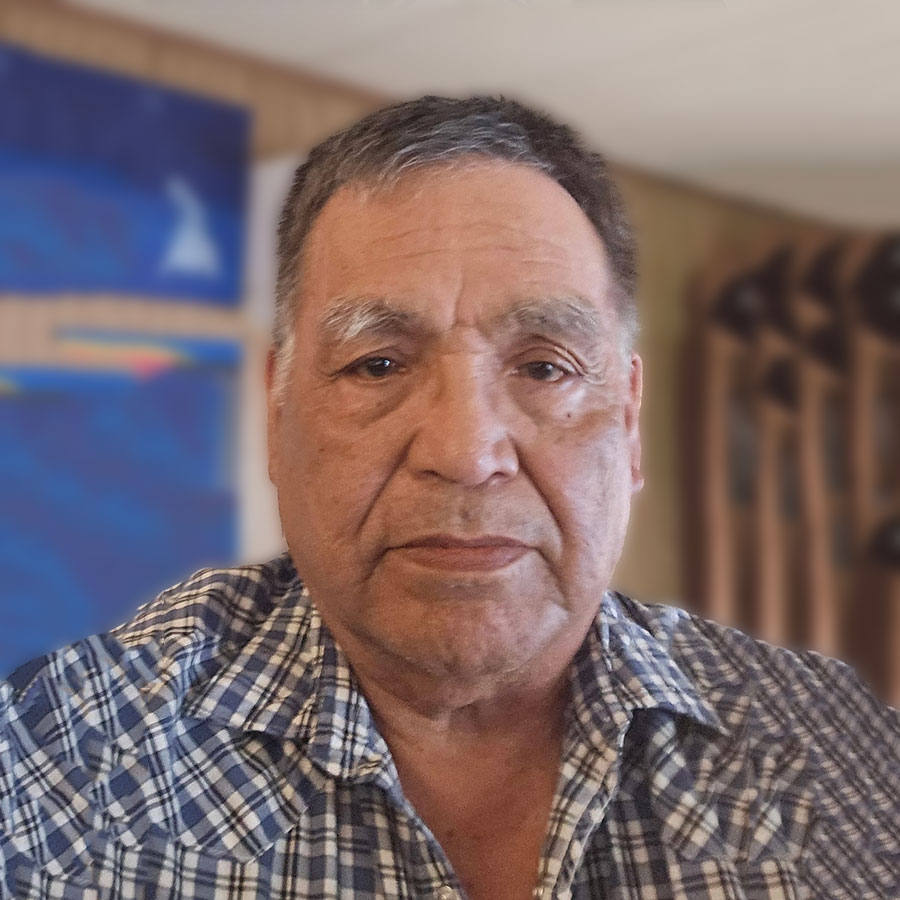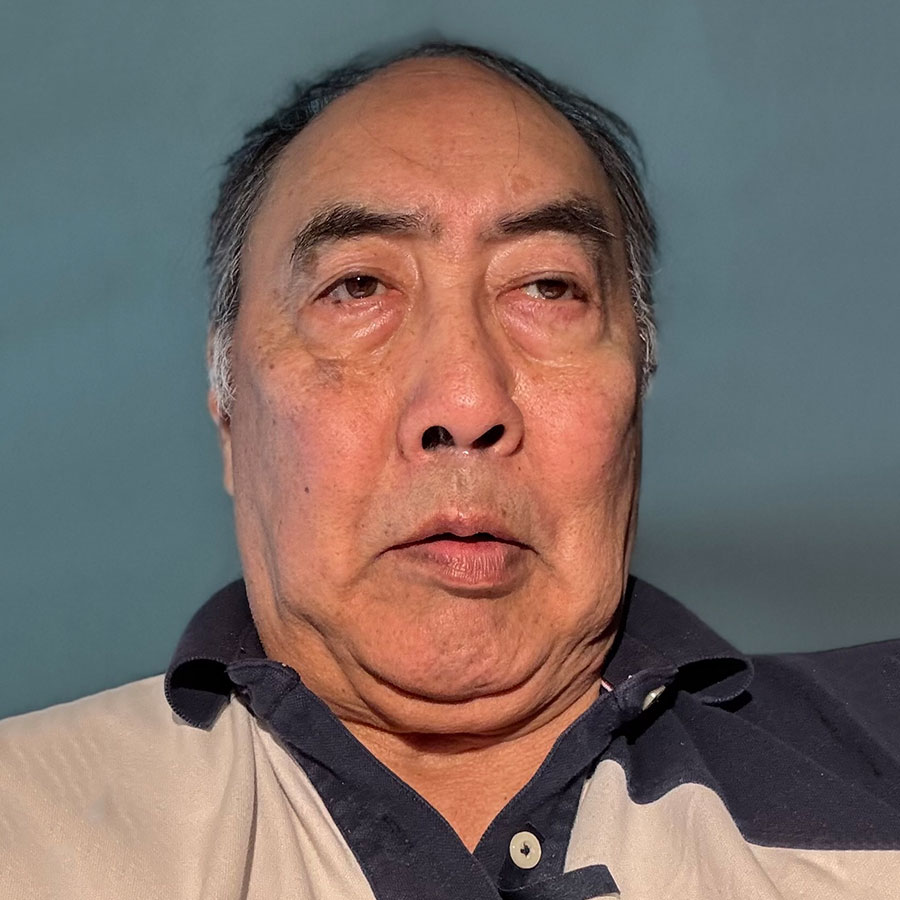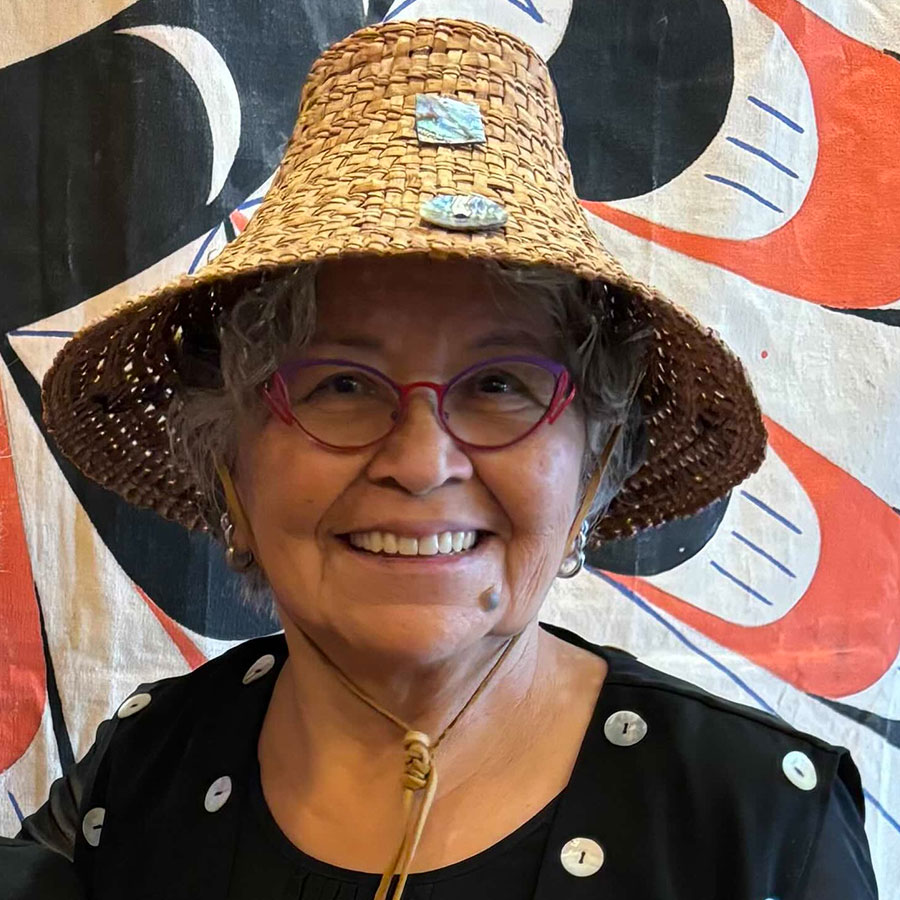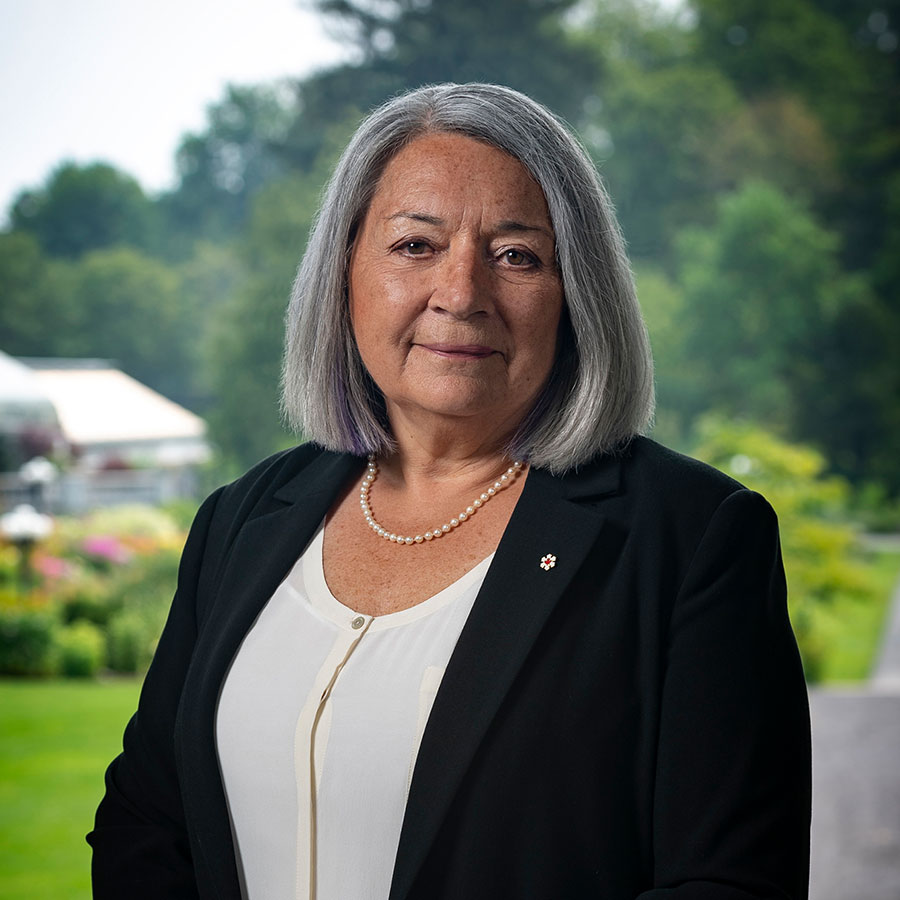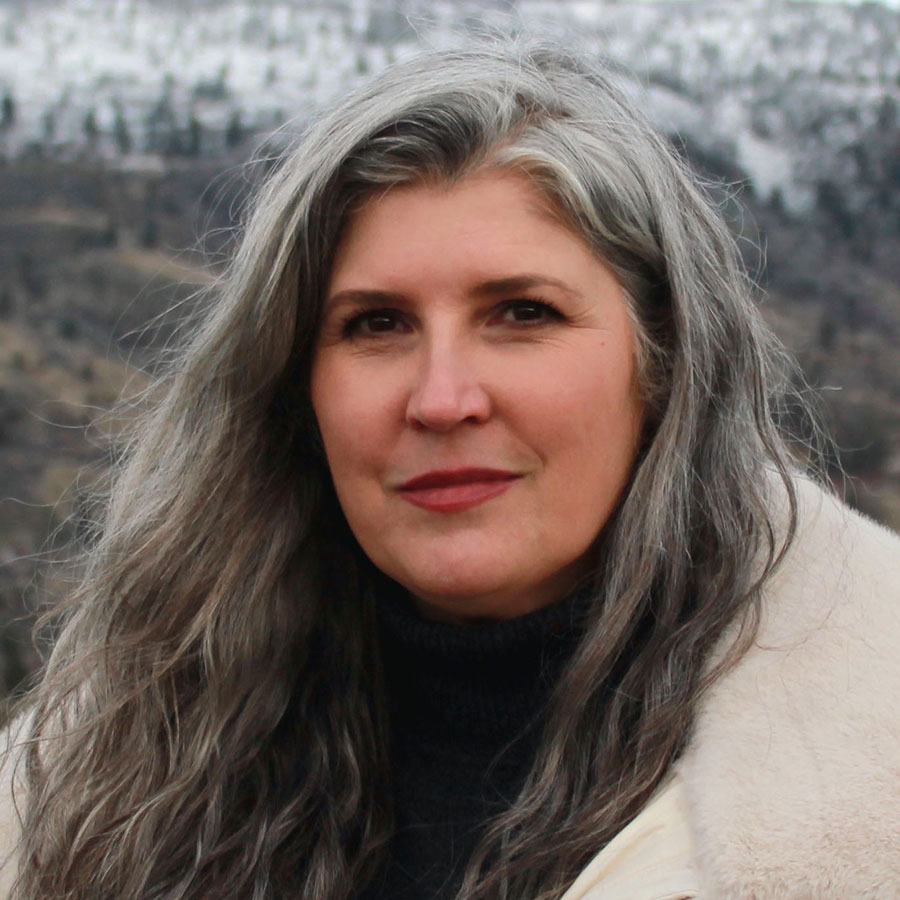NEW DATES ANNOUNCED!
IHHG Returns March 2-4, 2026
MARCH 2-4, 2026
RBC Convention Centre
Winnipeg, MB
The National Centre for Truth and Reconciliation (NCTR) and the First Nations Confederacy of Cultural Education Centres (FNCCEC) are hosting the Indigenous History and Heritage Gathering (IHHG). This gathering is one of the many important events held during Indigenous History Month. It brings together diverse groups who are working to amplify the distinct stories of Indigenous Peoples across Turtle Island.
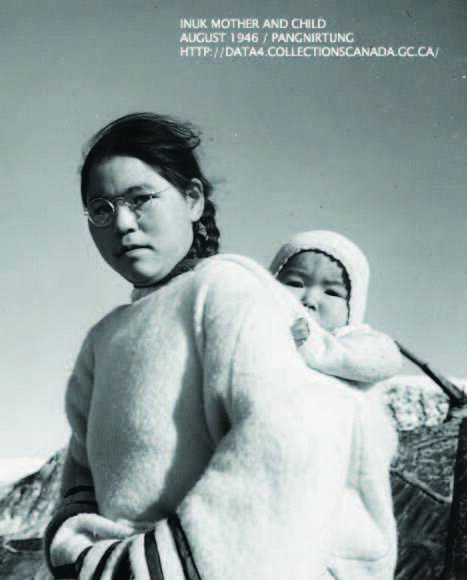
Ten Years Since the TRC's 94 Calls to Action
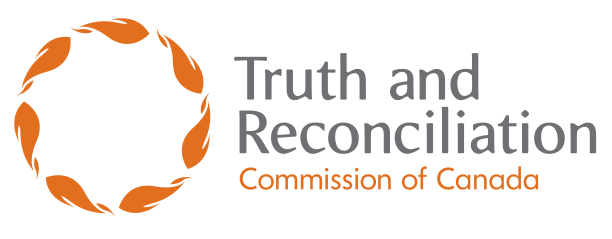
Keynote Speakers
To access a speaker's bio, simply click or tap their photo or name.
Maskwacîs, Alberta – Treaty No. 6 Grand Chief, Lawyer
For more than 40 years, Dr. Littlechild has worked to build bridges between Indigenous and non-Indigenous Peoples through athletics, and law.
President, First Nations Confederacy of Cultural Education Centres
Morris Swan Shannacappo is a well-known cultural and political leader who has served our community for many years.
Founding Member, Orange Shirt Day
Founding Member & CEO, Orange Shirt Society
Owner, Orange Shirt Story
A residential school Survivor and the inspiration behind Orange Shirt Day, Phyllis has sparked a national movement that continues to inspire dialogue, reflection, and action.
Speakers
To access a speaker's bio, simply click or tap their photo or name.
Senior Consultant and Lead, Truth & Reconciliation Service Basket at NVision Insight Group
Director of Missing Inuit Children of Residential Schools, Inuit Association of Manitoba
Senior Research Officer, Critical Data Studies, First Nations Information Governance Centre (FNIGC)
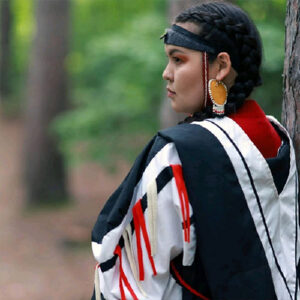
Natalie Ittinuar
Knowledge Translation Coordinator, Pauktuutit Inuit Women of Canada
Indigenous Storyteller, Community Leader, and Co-Owner of BuffaloHyde CreativeInuk Author and Advocate
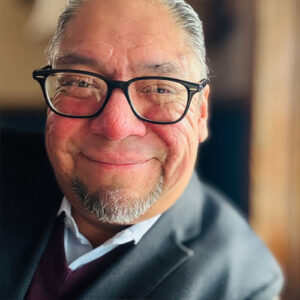
Maeengan Linklater
Executive Director of the Manitoba Association of Friendship Centres
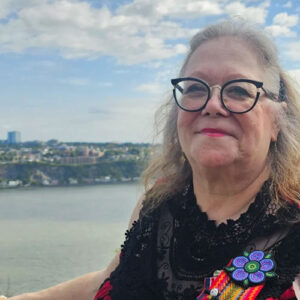
Melanie Omeniho
President Les Femmes Michif Otipemisiwak
Respectful Rematriation Repatriation Ceremony Co-Chair and Associate Professor, University of Manitoba
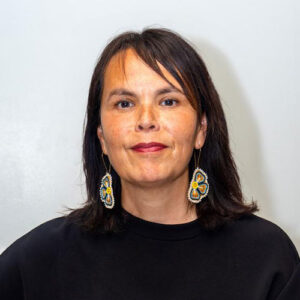
Lorena Sekwan Fontaine
Associate Professor; Department Head (Indigenous Studies), University of Manitoba
Manager for Data Sovereignty, First Nation Health and Social Secretariat of Manitoba
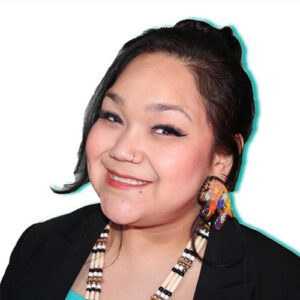
Diandre Thomas-Hart
Indigenous Storyteller, Community Leader, and Co-Owner of BuffaloHyde Creative
We are honoured by the participation of these confirmed speakers.
Please check back with us regularly as more are being added.
Call for Speakers
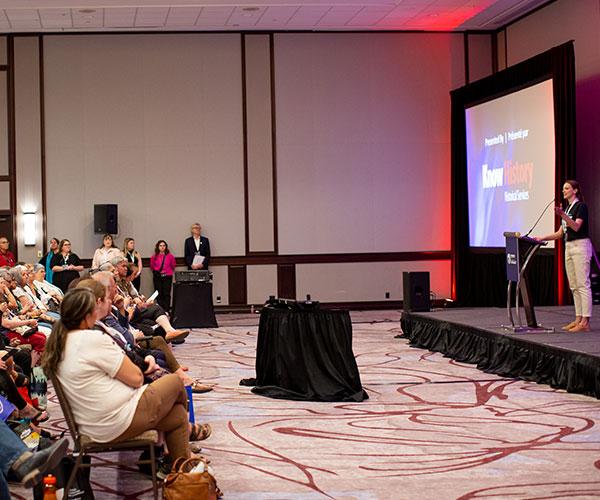
IHHG 2025 will explore the following themes through three central program tracks:
» Reflecting on the TRC’s Legacy
» Indigenous Culture and Language
» Sharing Stories
We invite presenters to submit proposals that explore innovative strategies, research, stories, experiences, and best practices related to the above themes and tracks.
